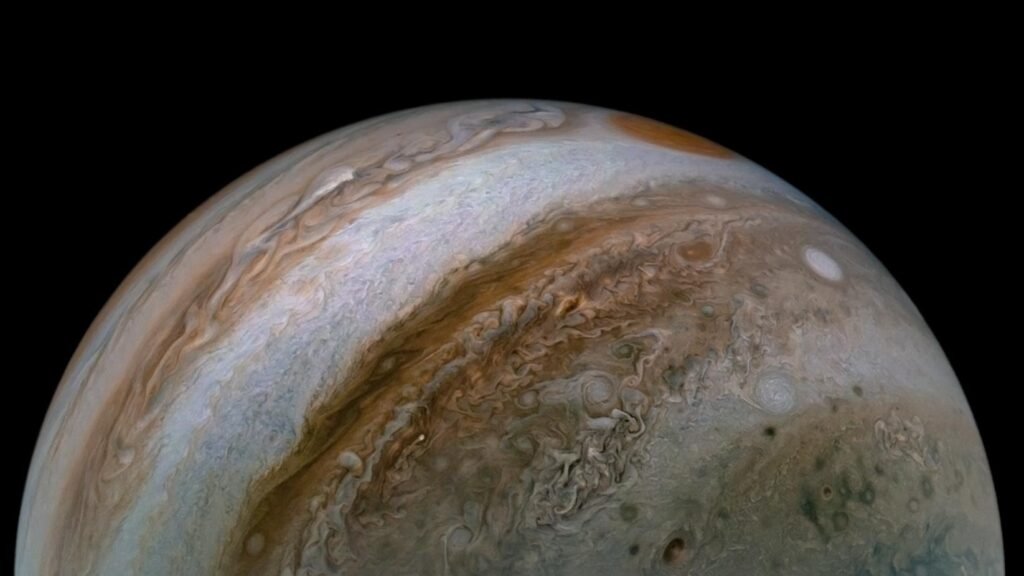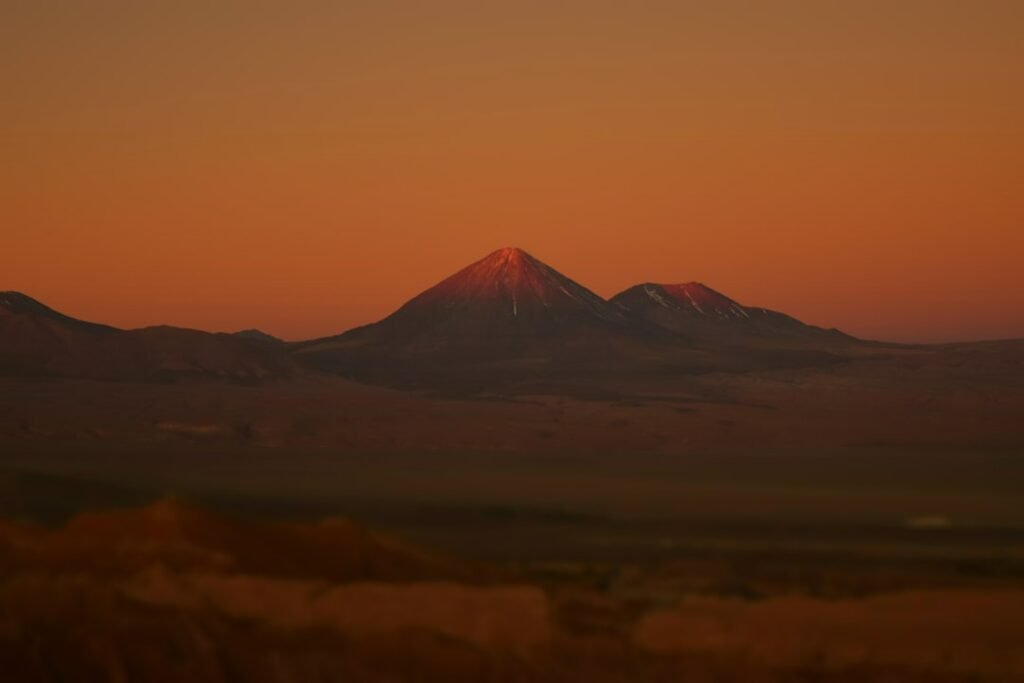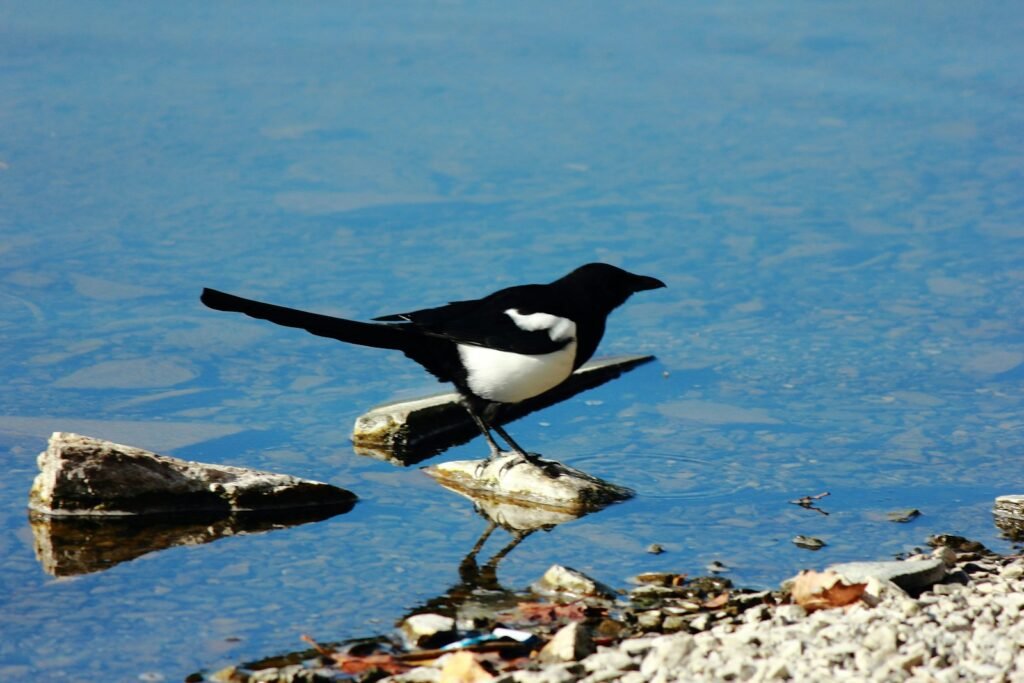Imagine a cosmic body so massive and powerful that it shapes the very fate of planets millions of miles away. That’s Jupiter. While we gaze up at our blue planet and marvel at its beauty, most of us have no idea that without Jupiter, Earth as we know it might never have existed. The story of our solar system is one of chaos, collisions, and near-misses, and Jupiter stands at the heart of it all—our unlikely protector, ancient architect, and perhaps the reason we’re here to ponder the universe at all. Let’s journey through the swirling dust and drama of our solar system’s history to uncover why Jupiter might be the ultimate cosmic hero.
The Giant of the Solar System

Jupiter isn’t just the largest planet in our solar system—it’s a true behemoth. With a mass over 300 times greater than Earth’s and a diameter wide enough to fit 11 Earths across, Jupiter dominates its region of space. Its immense gravity not only holds onto dozens of moons, but it also exerts a powerful influence far beyond its own orbit. When you try to picture this planet, think of a swirling ball of gas, larger than life and impossible to ignore. Even from hundreds of millions of miles away, Jupiter’s pull is felt, making it a key player in shaping our cosmic neighborhood.
A Rocky Start: The Early Solar System

Billions of years ago, our solar system was a tumultuous place. Imagine a disk of gas, dust, and ice swirling chaotically around a young Sun. Asteroids and comets zipped around, crashing into newborn planets and peppering them with impacts. In this dangerous environment, survival wasn’t guaranteed. It took something—or someone—big to bring order to this wild cosmic party. Jupiter, forming early and quickly, became that stabilizing force, shepherding the chaos into something more structured.
Jupiter’s Birth: A Quick Formation

Jupiter didn’t waste any time getting started. Scientists believe it formed just a few million years after the Sun ignited. Its rapid growth was possible because it was able to gobble up vast amounts of hydrogen and helium gas before the solar wind swept these elements away. This speedy formation meant Jupiter could start influencing other bodies while most planets were still just clumps of rock and ice. Its early arrival was crucial, setting the stage for everything that came next—including the birth of Earth.
The Asteroid Belt’s Guardian
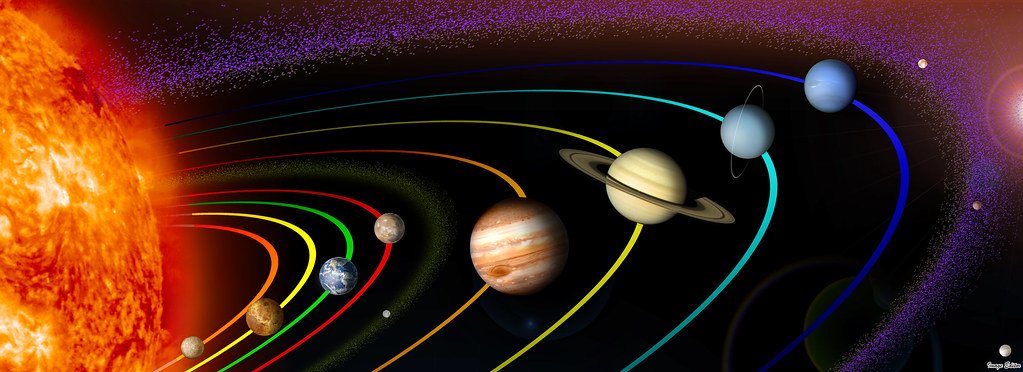
Between Mars and Jupiter lies the asteroid belt, a vast collection of rocky debris. Without Jupiter’s gravity, this region might have clumped together to form another planet. But Jupiter’s constant tug kept these rocks apart, preventing a planetary sibling from forming and sending some debris toward the inner solar system. Earth owes its existence, in part, to this gravitational shepherding. If another large planet had formed there, Earth’s orbit—and even its creation—could have been disrupted.
Shield from Cosmic Collisions

Jupiter’s size isn’t just for show; it acts like a giant vacuum cleaner, sucking up or flinging away dangerous comets and asteroids that might otherwise strike Earth. Over the ages, Jupiter has dramatically reduced the number of catastrophic impacts on our planet. Some scientists even call it our “cosmic shield.” While not perfect—some threats still slip through—Jupiter’s presence has spared Earth from countless disasters that could have wiped out life before it even began.
Comet Catcher Extraordinaire

Think back to 1994 when the comet Shoemaker-Levy 9 slammed into Jupiter. The world watched as fragments of the comet exploded in the gas giant’s atmosphere, creating scars larger than Earth itself. This dramatic event was a powerful reminder of Jupiter’s protective role. By capturing or redirecting comets like Shoemaker-Levy 9, Jupiter keeps many would-be Earth destroyers at bay. It’s like having a big brother who stands between you and a snowball fight gone wild.
Orchestrating Planetary Orbits
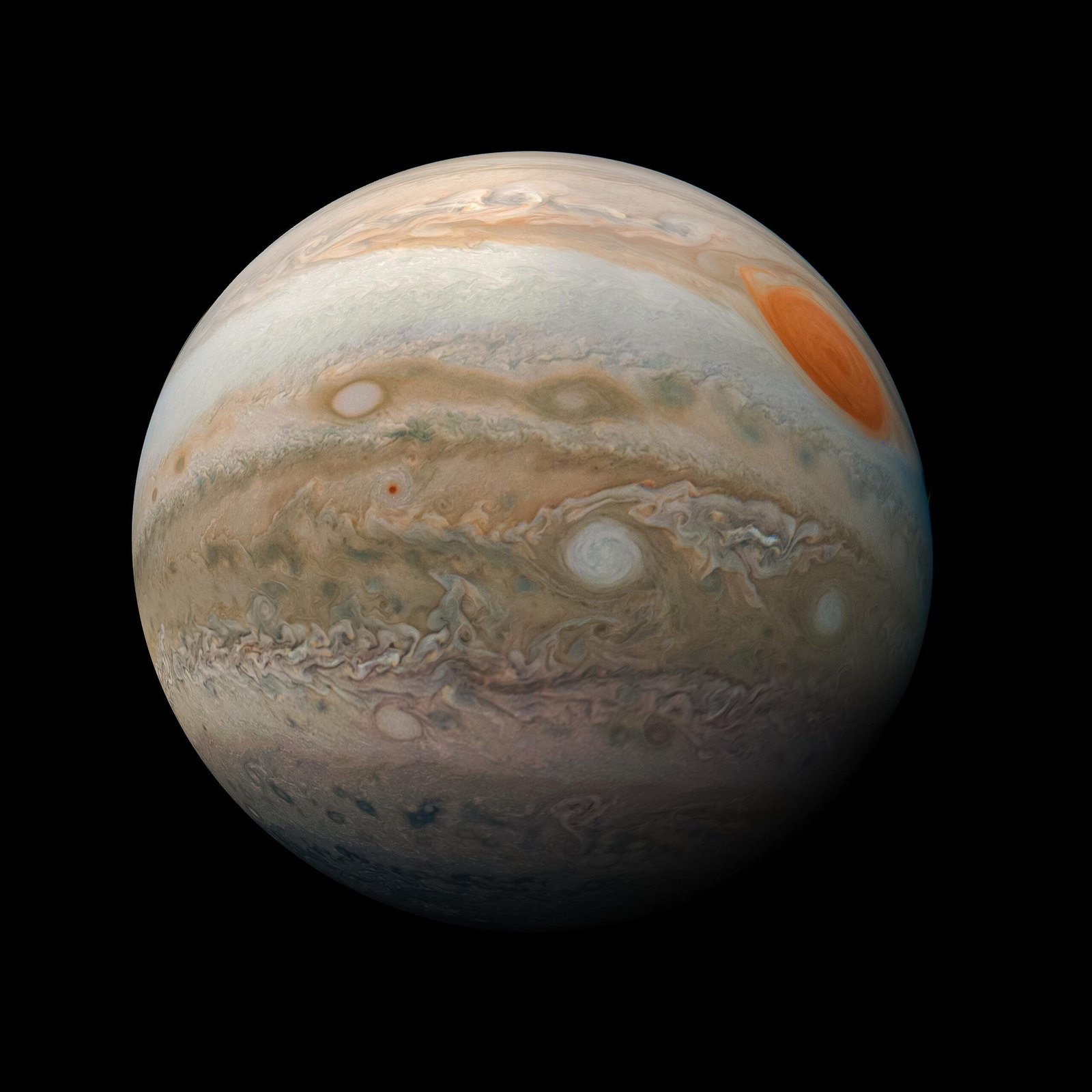
Jupiter’s gravity isn’t just about keeping things out—it also keeps things in line. The orbits of the inner planets, including Earth, are stabilized by Jupiter’s massive pull. Without it, our planet could have experienced wild swings in its orbit, leading to extreme climate changes or even collisions with other bodies. Thanks to Jupiter, Earth’s path around the Sun has remained steady enough for life to thrive.
The Grand Tack Hypothesis

Here’s a mind-blowing idea: some scientists propose that Jupiter once migrated inward toward the Sun before moving back out to its current position. Called the “Grand Tack,” this theory suggests Jupiter’s journey helped shape the solar system’s layout. As it moved, Jupiter scattered debris, influenced the formation of Mars, and cleared the way for Earth to become a stable, habitable world. This cosmic dance may have been the deciding factor in Earth’s final form.
Delivering Life’s Building Blocks

Jupiter’s gravitational reach didn’t just clear out threats—it may have delivered the very ingredients for life. In the early days, comets and asteroids loaded with water and organic molecules were nudged toward Earth’s surface by Jupiter’s influence. These impacts could have seeded our planet with the essential compounds needed for life to begin. Without Jupiter’s meddling, Earth might have stayed dry and barren, never developing oceans or life.
Preventing Planetary Chaos

Imagine a solar system where planets are constantly getting knocked out of their orbits. That could have been our fate, if not for Jupiter’s steadying presence. Its gravity helps keep the other planets in relatively stable paths. Without that, Earth’s environment might have been far too unpredictable for complex life to evolve. Jupiter’s invisible hand keeps the solar system running smoothly, like the conductor of a cosmic orchestra.
Influence on Earth’s Tilt and Seasons

Earth’s tilt gives us our seasons, but it’s also a source of potential chaos. Over millions of years, the gravitational pull of the other planets, especially Jupiter, has helped keep Earth’s tilt within a relatively narrow range. This stability has allowed for long periods of stable climate—crucial for the evolution of complex life. Without Jupiter, Earth’s axis could wobble wildly, leading to dramatic and potentially life-ending climate swings.
The Moon’s Unlikely Ally
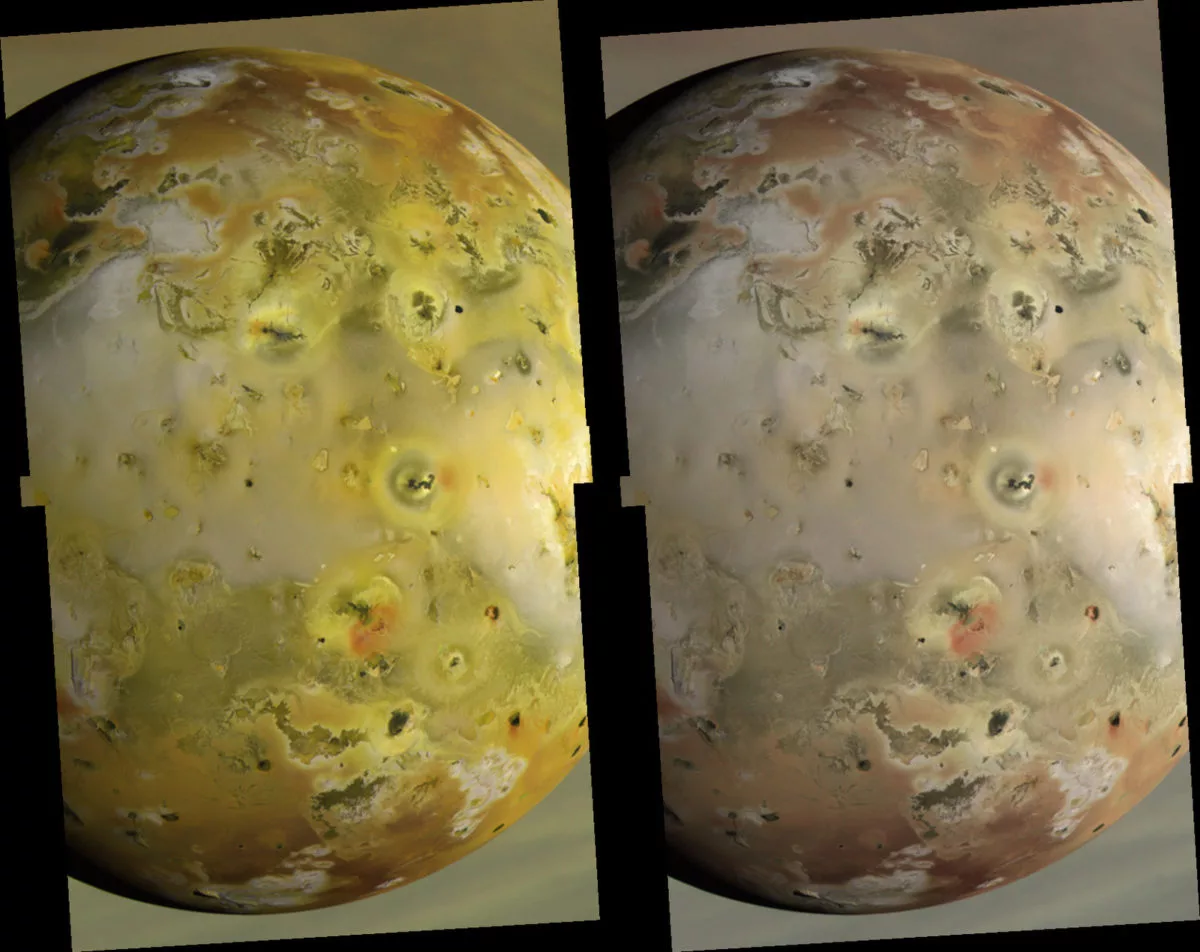
Our moon plays a key role in stabilizing Earth’s rotation, but Jupiter also helps out. By influencing the orbits of asteroids and comets, Jupiter has protected both Earth and its moon from frequent impacts. Fewer big collisions mean the Earth-moon partnership could develop over billions of years. This stability has given life on Earth a better chance to survive and thrive.
Jupiter’s Moons: A Preview of Possibilities
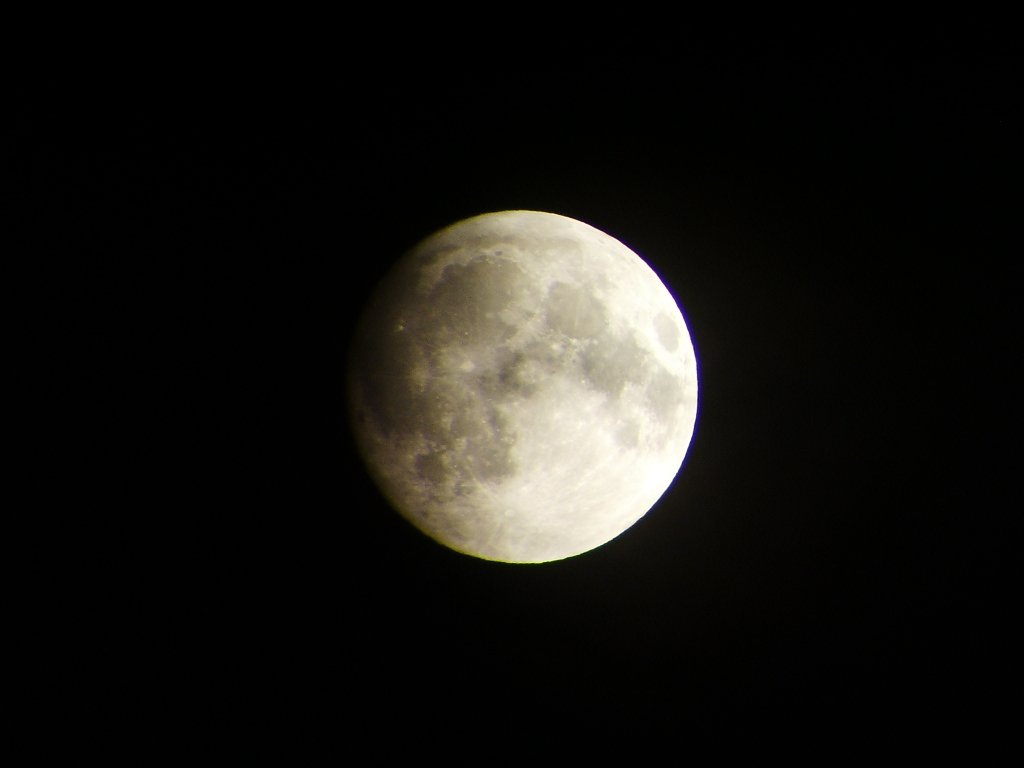
Jupiter’s gravitational pull has captured dozens of moons, some of which are fascinating worlds in their own right. Europa, with its icy shell and possible subsurface ocean, and Ganymede, the largest moon in the solar system, offer tantalizing hints of what might be possible elsewhere. These moons are natural laboratories, showing us how diverse and dynamic planetary systems can be—thanks to Jupiter’s influence.
Cosmic Chemistry: A Mixing Bowl for Life
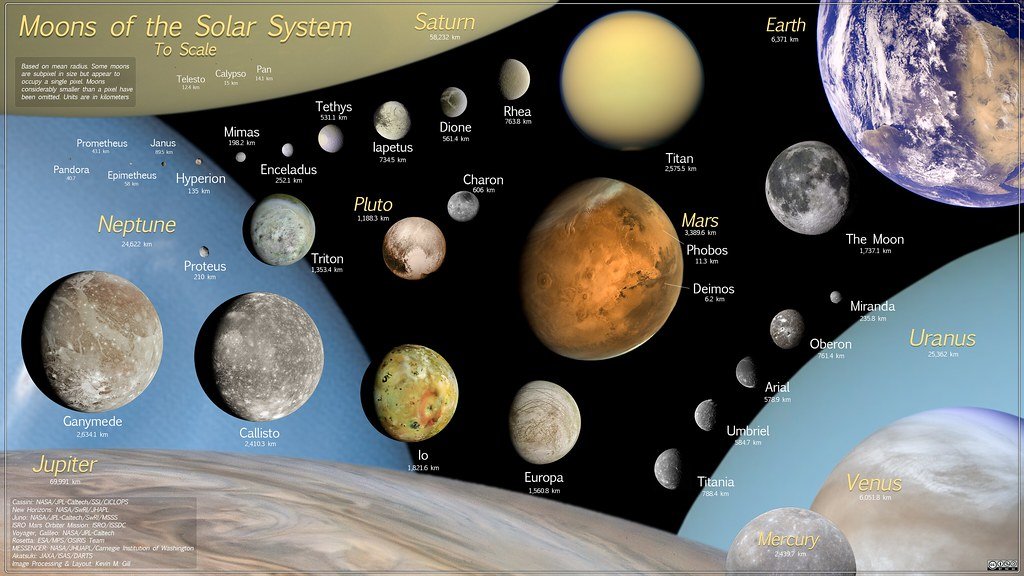
The early solar system was a cosmic stew of elements, and Jupiter played chef. Its gravity stirred up material, sending some inward toward the Sun and some outward. This mixing helped redistribute water, carbon, and other vital ingredients for life. Earth’s rich chemistry—essential for plants, animals, and humans—may owe its diversity to Jupiter’s cosmic stirring.
A Model for Exoplanetary Systems
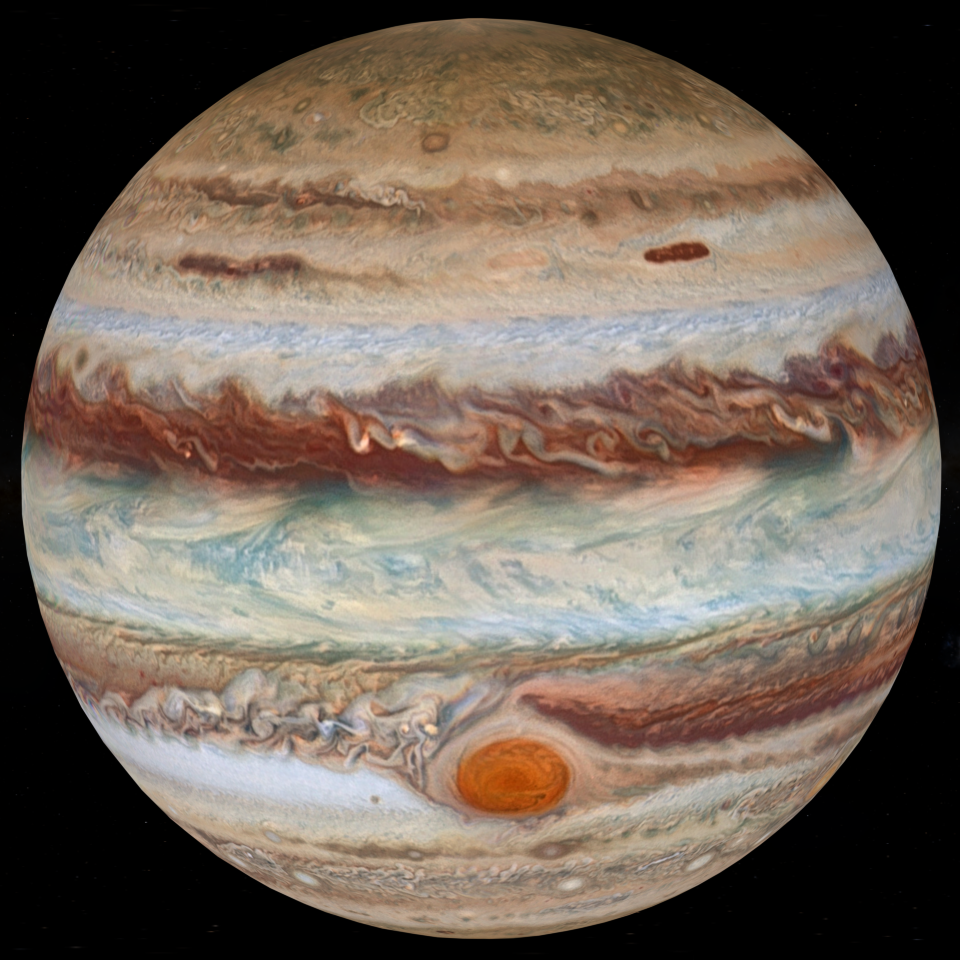
As astronomers discover planets around other stars, they often find “hot Jupiters”—giant planets that orbit close to their suns. Studying our own Jupiter helps scientists understand how these systems form and evolve. It’s possible that without a planet like Jupiter, Earth-like worlds in other systems might be rare or even impossible. Jupiter is our template, showing us what’s needed for a planet to survive and support life.
Jupiter’s Ongoing Watch Over Earth
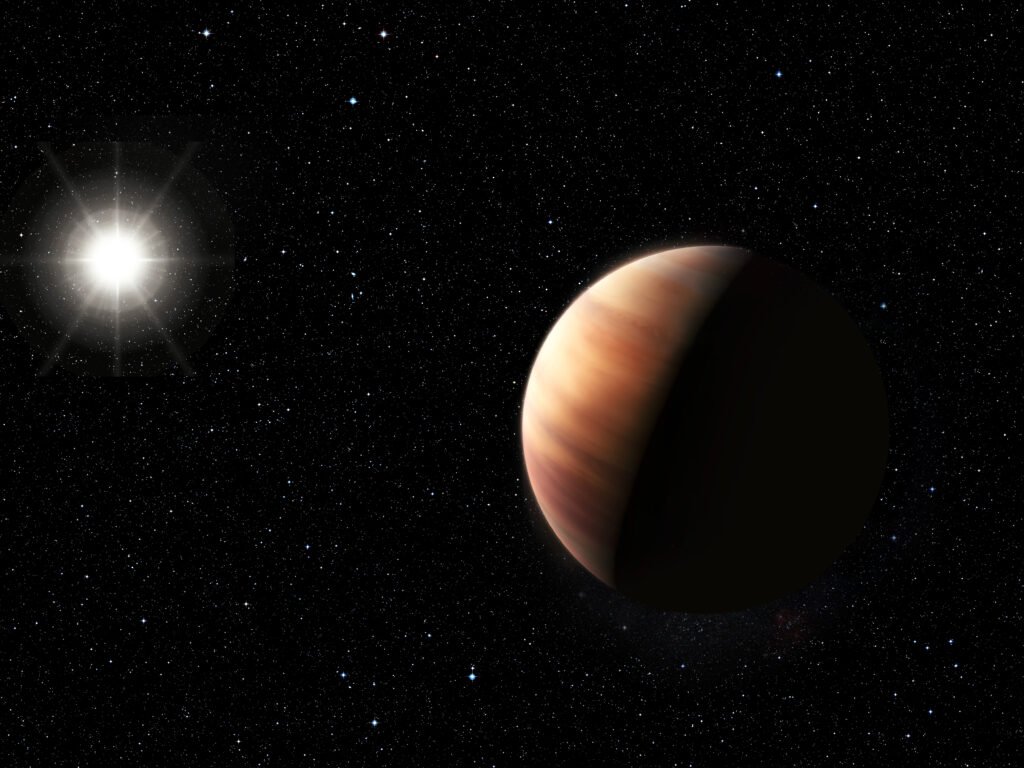
Jupiter’s protective role isn’t just ancient history. Even today, its gravity continues to influence the movement of asteroids and comets. Modern telescopes regularly spot objects being deflected or captured by Jupiter. This ongoing vigilance means Earth still benefits from Jupiter’s watchful presence—a cosmic bodyguard that never sleeps.
A Cosmic Perspective: Jupiter’s Legacy

Jupiter’s story is one of silent influence and dramatic saves. It’s easy to overlook this distant giant, but its legacy is written in every ocean wave, mountain peak, and living creature on Earth. The next time you look up at the night sky, remember that the reason we’re here at all might just be thanks to a swirling, striped planet more than 400 million miles away. What other cosmic secrets are still waiting to be uncovered?

